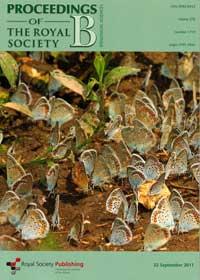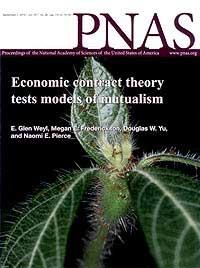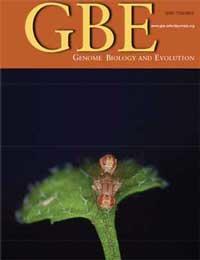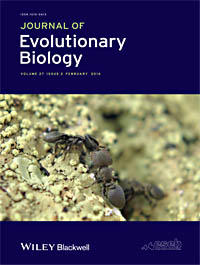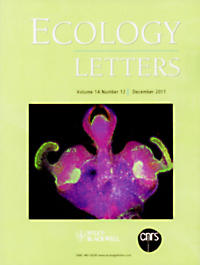Citation:
Date Published:
DecAbstract:
We review recent work at the interface of economic game theory and evolutionary biology that provides new insights into the evolution of partner choice, host sanctions, partner fidelity feedback and public goods. (1) The theory of games with asymmetrical information shows that the right incentives allow hosts to screen-out parasites and screen-in mutualists, explaining successful partner choice in the absence of signalling. Applications range from ant-plants to microbiomes. (2) Contract theory distinguishes two longstanding but weakly differentiated explanations of host response to defectors: host sanctions and partner fidelity feedback. Host traits that selectively punish misbehaving symbionts are parsimoniously interpreted as pre-adaptations. Yucca-moth and legume-rhizobia mutualisms are argued to be examples of partner fidelity feedback. (3) The theory of public goods shows that cooperation in multi-player interactions can evolve in the absence of assortment, in one-shot social dilemmas among non-kin. Applications include alarm calls in vertebrates and exoenzymes in microbes.
Notes:
849TGTimes Cited:38Cited References Count:102



